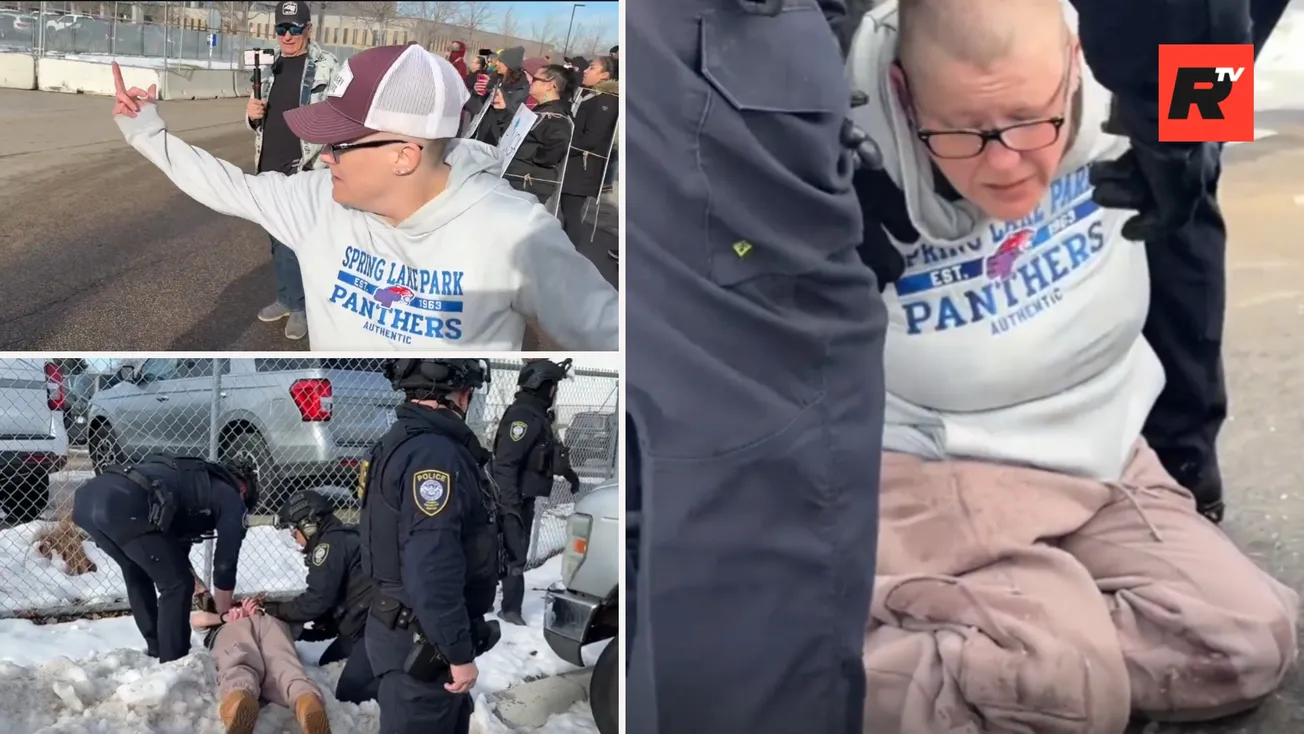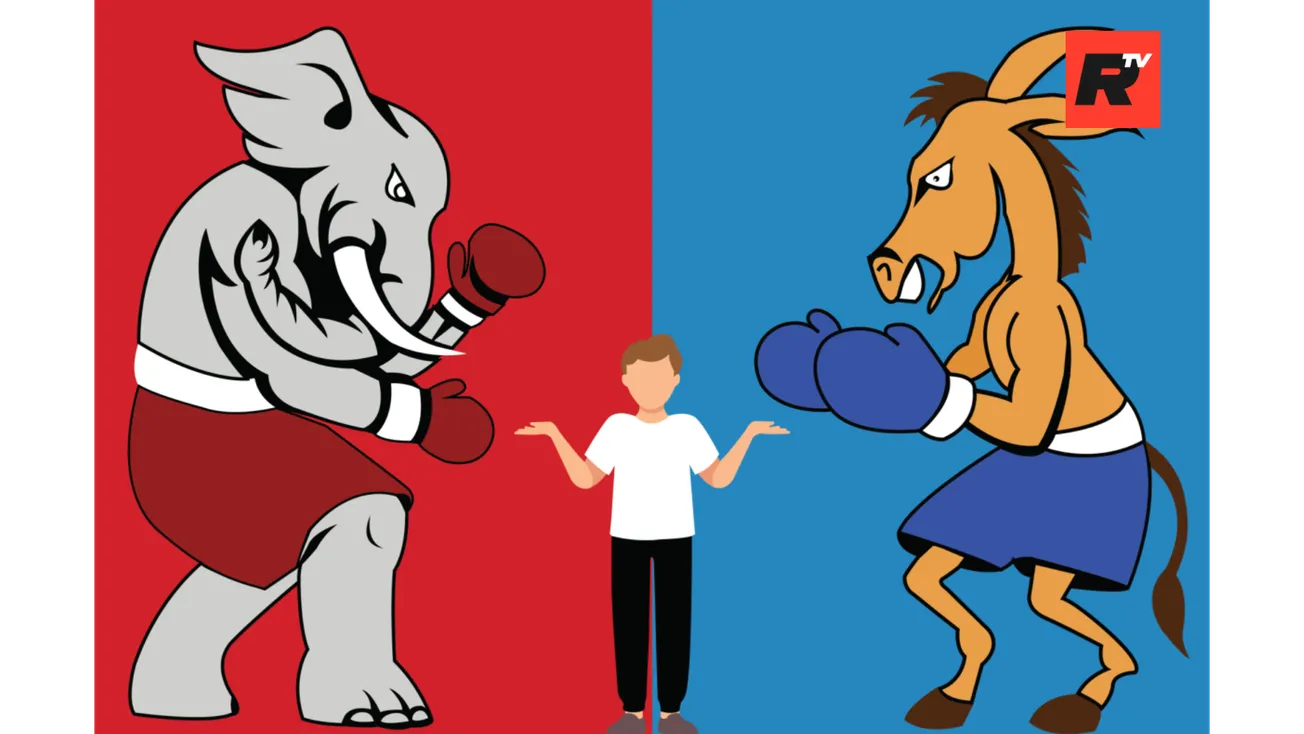Table of Contents
Health and Human Services Secretary Robert F. Kennedy Jr. has ignited a firestorm with a jaw-dropping claim linking circumcision to autism, pinning the blame on Tylenol use post-procedure.
Democrat Rep. Jerry Nadler isn’t holding back, blasting the remarks as anti-Semitic and demanding a bipartisan rebuke.
"This is an antisemitic remark. I call on all my colleagues on both sides of the aisle to clearly denounce it,"Nadler, representing New York’s 10th District, cautioned on X Thursday, blasting Kennedy.
This is an antisemitic remark. I call on all my colleagues on both sides of the aisle to clearly denounce it. https://t.co/thmrjgCfOY
— Rep. Nadler (@RepJerryNadler) October 9, 2025
The Democrat lawmaker's accusation stems from Kennedy’s cabinet meeting claim that "two studies show children who are circumcised early have double the rate of autism, it’s highly likely, because they were given Tylenol."
Circumcision, the surgical removal of the foreskin, holds deep significance in Jewish tradition, mandated by religious law as a covenant with God, typically performed on the eighth day after birth.
The practice also appears in Islamic and some Christian traditions, often for religious or cultural reasons, and is common in the U.S. for medical or personal preferences.
Nadler’s charge of anti-Semitism ties Kennedy’s comments to the Jewish ritual, framing them as an attack on a sacred custom.
Kennedy’s claim references a 2015 Danish study of 343,000 boys, suggesting circumcised males faced higher autism rates before age 10, potentially due to taking Tylenol for the procedural pain.
Critics, however, dismiss the study as flawed, noting it shows correlation, not causation, and lacks data on painkiller use.
A 2024 Irish study countered that circumcised boys with autism showed improved behavior and reduced urinary issues, further muddying Kennedy’s assertion.
Rabbi Nechemia Markovits, a Brooklyn-based circumcision specialist, told the New York Post that newborns rarely need Tylenol post-procedure, emphasizing quick recovery with minimal discomfort.
Kennedy's warning echoed Trump's September White House press conference, where the president advised pregnant women against Tylenol unless combating high fever, citing potential autism links from prenatal exposure.
"There’s a tremendous amount of proof or evidence, I would say as a non-doctor," Trump reiterated Thursday, urging mothers to "tough it out."
Medical experts defend Tylenol's 70-year safety record, but autism diagnoses have surged 400 percent since 2000, now afflicting 1 in 31 U.S. children.
Autism's origins remain murky, but Kennedy and Trump challenge orthodoxy, risking elite ire.






